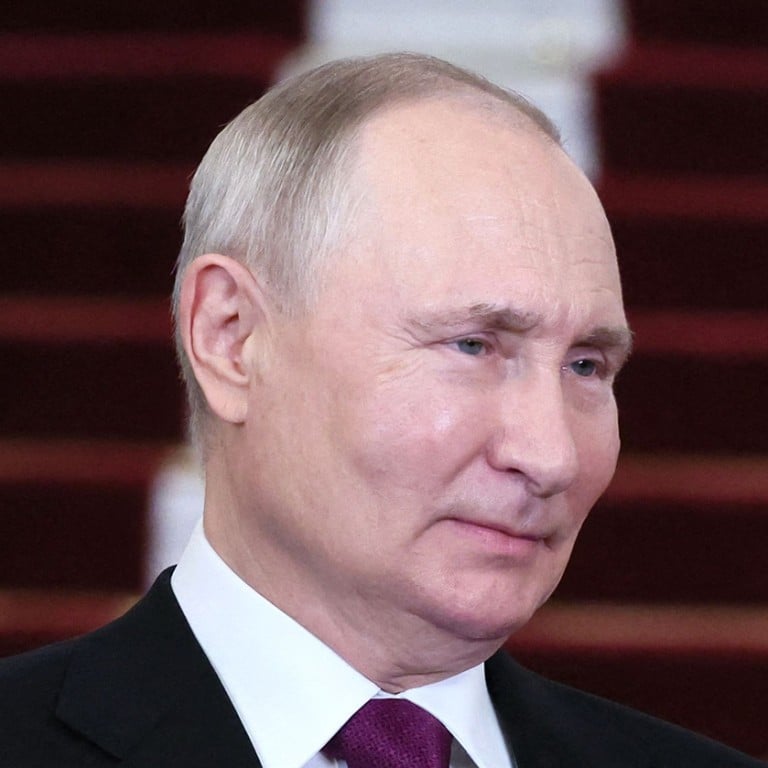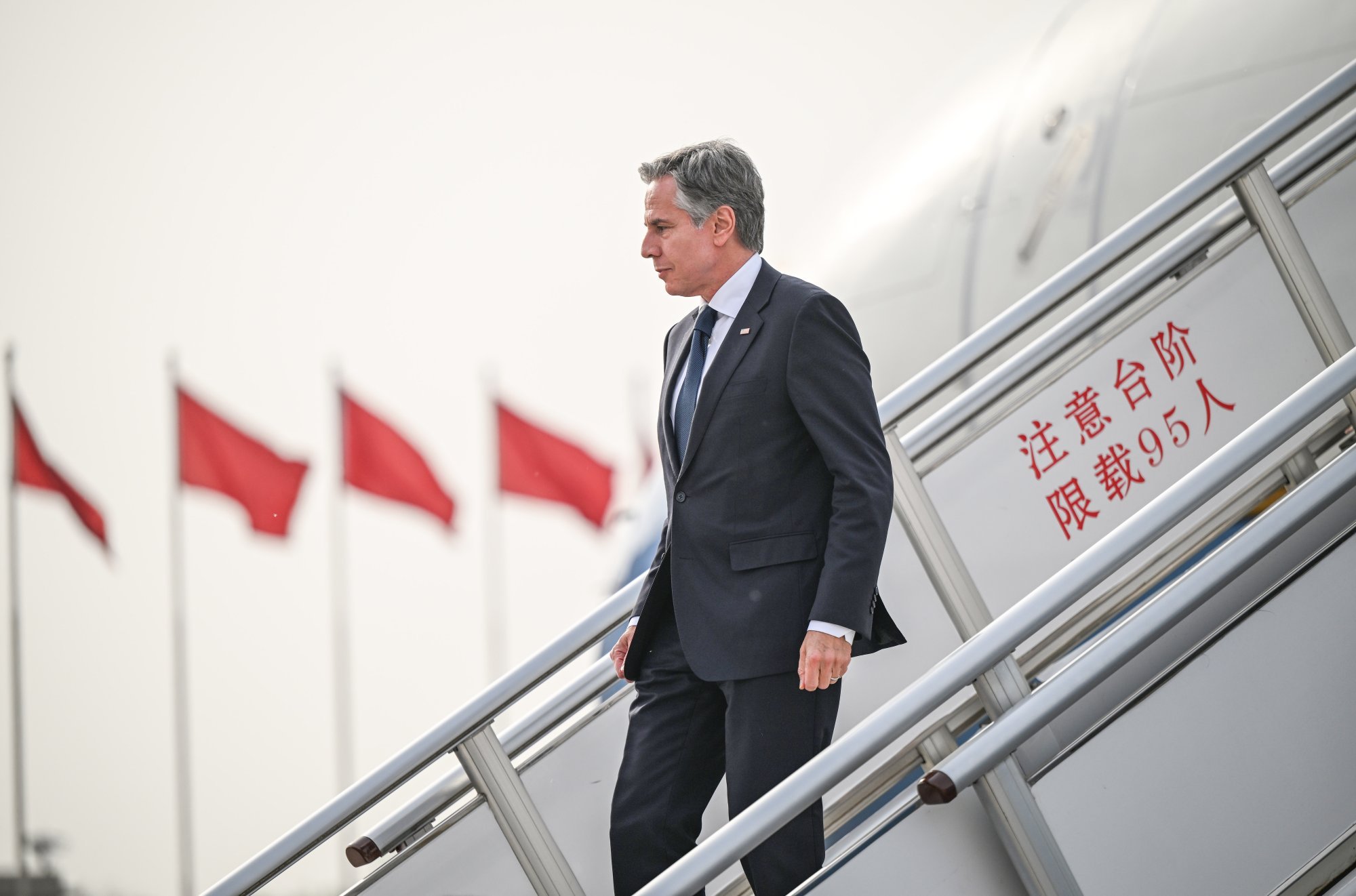
Russian President Vladimir Putin to visit China in May as Moscow seeks to bolster ties with Beijing
- Trip would be the long-time leader’s first abroad since his re-election, amid Western claims that China is propping up Russia’s war effort in Ukraine
- News of the planned visit announced after US Secretary of State Antony Blinken landed in Beijing
“A visit in May is planned,” Putin stated at a Moscow business forum on Thursday without elaborating. The Russian leader, in power since 2000, visited China most recently in October last year.
The sentiment has been echoed by US Treasury Secretary Janet Yellen, National Security Adviser Jake Sullivan and other top Biden administration officials.
No imminent US sanctions on Chinese banks for Russia trade: Yellen
These include diplomatically at the UN; economically, by buying Russian oil and supplying non-military and dual-use goods; and rhetorically with supportive messaging about the perceived benefits of authoritarian rule.
Western leaders have viewed the China-Russia dynamic with mounting alarm as the two boost their military cooperation and exercises as well as expand their influence in the Global South.
Russia has become increasingly dependent on China economically amid unprecedented Western sanctions over its military offensive. And US officials have said more Chinese goods like drone and missile technology, satellite imagery equipment, heavy trucks and machine tools are being shipped, fortifying Russia’s military industrial base.
In the meantime, China has benefited from inexpensive Russian energy imports and depressed natural resource prices, reportedly including steady gas shipments sent through the Russia East-Route Natural Gas pipeline.

US-China relations: Blinken hits out at ‘non-market practices’
Beijing has balked at condemning Moscow’s Ukraine offensive, despite pressure from other capitals to do so, instead calling for peace on all sides and offering itself as a potential mediator.
Russian Foreign Minister Sergey Lavrov earlier this month said Beijing’s peace plan was the most reasonable offered by any nation to date. Critics have called it “vague”.
“It is a reasonable plan that the great Chinese civilisation has put forward for discussion,” Lavrov said.
The timing of Putin’s trip – hinted at a month ago – is likely driven by Russia, rather than any desire by Beijing to use Moscow as a counterweight to recent US pressure, according to Robert Ross, a political-science professor at Boston College.
US lawmakers eye ‘full sanctions’ for Chinese military firms helping Russia
Sidelined on the global diplomatic stage, battling Western sanctions and bracing for a protracted war, the Russian leader is keen to signal to the world that he has China’s backing and is not isolated, said Ross.
“The relationship is very much one in which the Russians need Chinese more than the Chinese need the Russians,” he said. “The Chinese are under no illusion that these summit meetings are going to help them negotiate, help their bargaining leverage, against Washington.”
The size and significance of the dual-use exports the Biden administration officials are warning against are unclear, Ross added, noting the White House may have an interest in fanning the narrative of significant risk.
“There’s always a persistent trend and ongoing storyline of what China’s doing against Western interests,” said Ross, who is also affiliated with Harvard University. “Timing is everything on these announcements. We have to be somewhat cautious before we assign significant importance to Chinese transfers.”

